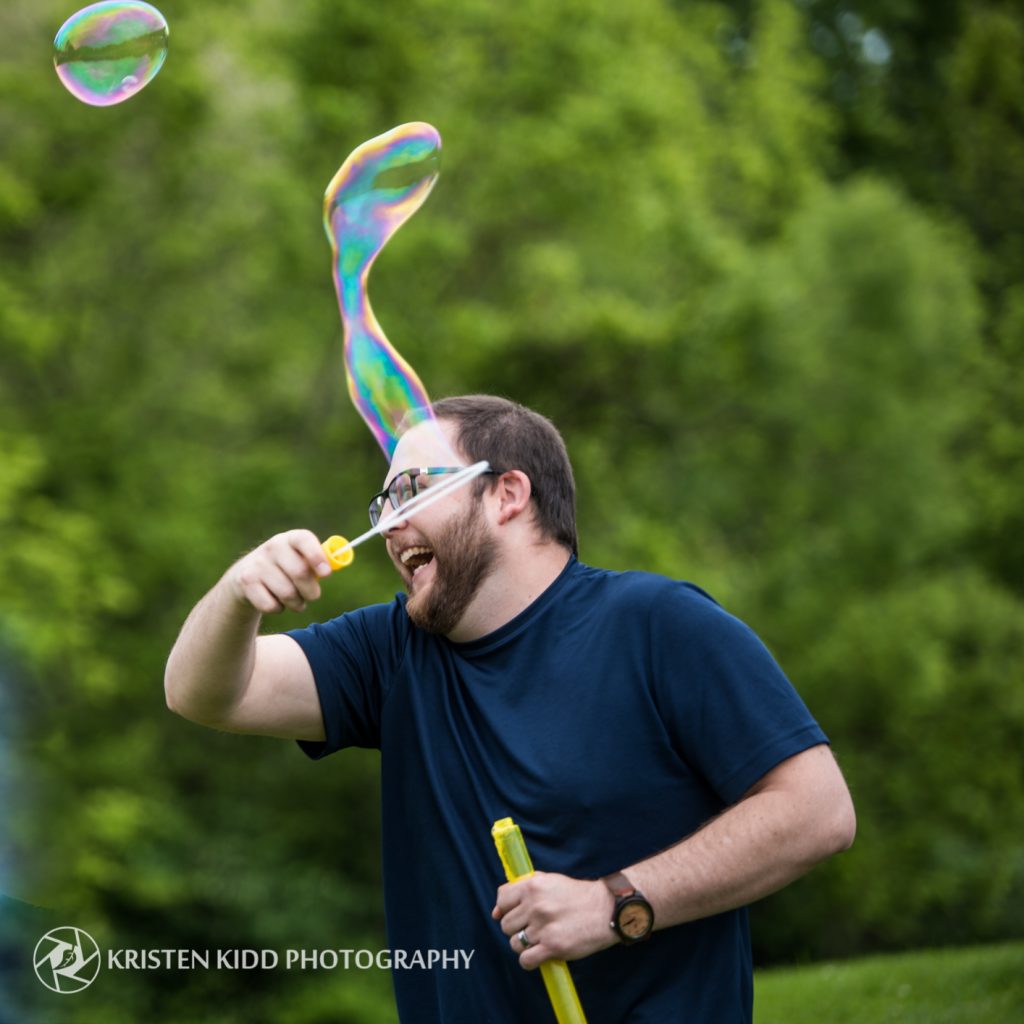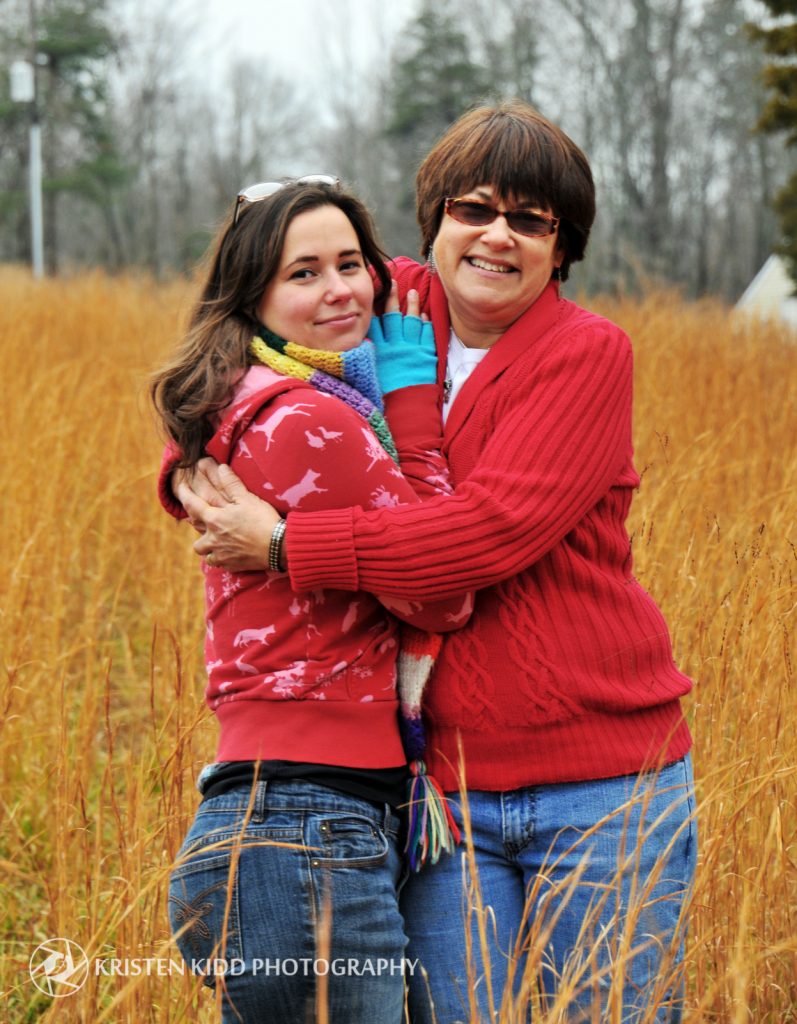Finding the way that’s right for you to make these three practices an integral part of your daily life will create an inner revolution. (Plus: A short list of things I’m grateful for; in photographic form.)
So how do we let go of our scarcity mindset that our worthiness is linked to our achievement status? How do we replace the myth of arriving with an abundance mindset? Like all worthy pursuits in life, it’s a practice. You do not simply master it immediately. Developing a practice in gratitude, presence and compassion will revolution your entire life and lead you through gateways of abundance inside and out.
1. Gratitude:
Start by listing three things you’re grateful for, every day, at a specific moment in your day. You can keep a gratitude journal and make your list at the end of the day (right before bed or when you get home from work). You can make it an intentional practice by choosing a specific moment in your day to mentally list your gratitude, like every time you get in the car to drive. Can’t sleep? Start listing things for which you’re grateful. Not big on praying to a higher power before a meal? Make a gratitude offering instead.
When we are grateful, we are in the here and now.

Just start somewhere with intention and make it a practice. You’ll be amazed to watch how this one, simple act grows into a lifestyle. It will shift your entire mindset throughout every day and become an integral part of your entire being. Gratitude helps not only stay positive but it roots us in the the next practice of being present. When we are grateful, we are in the here and now. We are in perfect presence.
2. Presence:
Developing a practice of presence means becoming mindful about where our mind goes. The arrival myth is all about the future and the past. What happened before and what must happens next. Our minds constantly abide in these two spaces when we are caught in a loop of achievement and scarcity. There’s not enough time, money, space. There’s just not enough and we’re not enough is the story we live by in those moments.

Enough doesn’t exist anywhere other than within us.
We must get to a place where there’s enough. Enough doesn’t exist anywhere other than within us. So, the key is to become mindful of these patterns our brain falls into. In becoming aware, we can then change it. I heard a recent suggestion that I thought was a good one. Every time you walk through a doorway (any door way) notice what your thoughts are in that moment. Don’t judge yourself for them. Simply observe. Are those thoughts serving you? Are they caught in the past or future? Do this practice for one week. Week two continue and build off of this practice. Walk through the door way. Observe your thoughts. Then begin to notice three things. Name something you can see in the room, smell in the room and hear. This is a concrete practice to bring you to the present moment.

Noticing is a powerful tool that leads to a state of presence. It’s not about perfection. It’s about being well. Resist judging yourself as you develop this practice. You’ll find that you begin to notice all sort of things: the curve of a loved one’s smile, the warmth of a strand of light, the sound a crickets you never paid attention to. You will find yourself grateful for each of those things. You will be present and therefore feel more calm and engaged.
Compassion is important for others, but it is also very important for you. We are relentlessly harsh critics of ourselves. This often leads to defeat and exhaustion.
As you observe more you’ll witness thought patterns that feed the scarcity mind set. As you see these patterns it’s important to develop a practice of compassion with your presence. Doing this will enable you to change your destructive self-talk patterns long term. From a place of compassion you can learn a new way to relate to yourself and the world around you.

3. Compassion:
Finally, as you develop your practice of gratitude and presence, you will need to develop a practice of compassion. Compassion is important for others, but it is also very important for you. We are relentlessly harsh critics of ourselves. This often leads to defeat and exhaustion. A good question to ask ourselves as we’re noticing our thoughts is, “Is what I’m saying to myself something I would say to a friend?” Often we speak to ourselves in ways we’d never speak to a friend. Or if we did, we wouldn’t have friends for long.
Place a hand over your heart and utter the words “I love you. I’m listening.” Then, listen.

Our lack of compassion for ourselves in our daily life and especially as we learn new practice can cause us to give up before we even get started. Consider a child who under performs in a school subject. When met by a parent with undermining criticism, threats and insults, what would happen? The child might excel for a time out of fear, but eventually will succumb to a feeling of defeat believing they’re ultimately unworthy of any success or love. However, a child met with compassion and constructive patience may take more time to show improvement, but will steadily improve and the effects will be long lasting. The same is true for our self talk and judgement.
A good question to ask ourselves as we’re noticing our thoughts is, “Is what I’m saying to myself something I would say to a friend?” Often we speak to ourselves in ways we’d never speak to a friend. Or if we did, we wouldn’t have friends for long.
Notice the words and thoughts towards yourself and others. Don’t judge them. Witness them. Acknowledge the place they came from and from this ground work you’ll be empowered to choose differently. Place a hand over your heart and utter the words “I love you. I’m listening.” Then, listen. This will change everything.
Recap:
- Find a consistent place in your day to list three things you’re grateful for.
- Bring yourself back to the present by noticing your thoughts every time you walk through a doorway.
- Resist judging your thoughts. Simply observe and be curious.
- As you observe, develop compassion towards yourself by greeting what you learn about yourself and your thoughts with the kindness and grace you would offer to a friend.
- Place one hand over your heart and speak the words, “I love you. I’m listening.” Then listen.
- Repeat these steps everyday, until they are a part of your core being. Make it a practice.
Kristen Kidd Photography is an individual & family portrait photography studio in the North Wales suburb of Philadelphia, Pa. We specializes in helping individuals and two-legged & four-legged families stop and reconnect with the love in their lives through fun and unique photo experiences and custom designed wall art collections.







